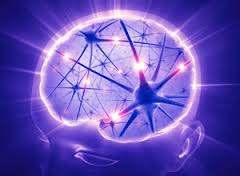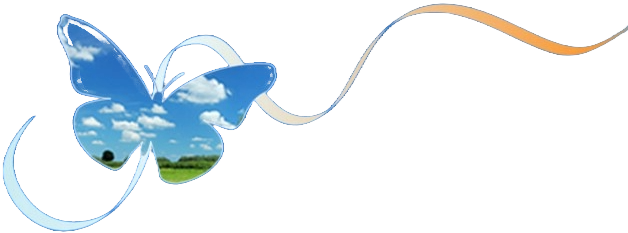
Reactivity is a basic primitive impulse set off by the lower automatic brain to activate the defending and attacking system. Its purpose is for self-preservation and self-protection set off by the Amygdala in responds to threat. The Amygdala is a kind of “alarm bell” that responds to negative stimuli.
When we are triggered, our physiological automatic reaction is set off even before our mind registers we are are reacting. At this point our pre-frontal cortex becomes disengaged. The pre-frontal cortex is the part of the brain that’s involved in rational thinking, reflection, making plans, problem solving, taking action etc., We cannot think our way out of reactions.
Triggers come from our environment, when we perceive other people are a threat to us either real or imagined, situations, or objects. In fact, anything in our environment can be perceived as a threat depending on an individual’s past experiences and associations.
We can also be triggered by our own thoughts, past experiences, beliefs, physical sensations, emotions, our perception of self, relationship to others and the world.
Triggers are different and unique to the individual. Regardless of the trigger, our mood is affected because of the inner turmoil we carry within us. In turn, we affect others around us because of our own negative perceptions of self, others and the world.
This does not mean we need to be victims of our experiences. We can choose to heal past wounds and live life in the present moment – in thoughtfulness and full awareness. Engaging the pre-frontal cortex in the present moment is the key to responding instead of reacting. Whatever we focus on will continue to grow and expand and our reality is either clouded or clear depending on where the mind rests to pay attention.
Reactivity, therefore, is a gift when you see it as an opportunity to learn from it.
When you react, you are activating past unexpressed, unresolved experiences that are keeping you trapped in negativity. If the reactive feelings and beliefs have a familiarity for you, chances are there is a past experience/s that you are reliving over and over again in the present each time you are triggered.
When you react and find yourself feeling hurt, blaming or judging others, take a moment to pause and focus your attention on your breathing, to slow down your thinking and pay attention to your feelings, thoughts or memories which are activated. What happens when you let go of blame and judgment towards others? Is there any resistance to the letting go? Can you allow yourself to feel your feelings and accept them fully?
When you stay tuned to your inner experience in a curious and open way, you will come to understand yourself better and with practice, will come to respond rather than react. Your response to situations will be appropriate based solely on the present moment experience, and not contaminated by past unresolved experiences held in your body and mind.
Each time you practice mindfulness, neurons in your brain fire together and start wiring together. Change is gradual, but with persistence, dedication and self-discipline you will experience a more peaceful and satisfying life.
Scientific research shows that when you practice a new habit for 10 minutes every day for 40 days your brain rewires to the new habit you wish to embody.
To establish a deeper and more regular practice please read the 7 Steps to Inner Connection.
